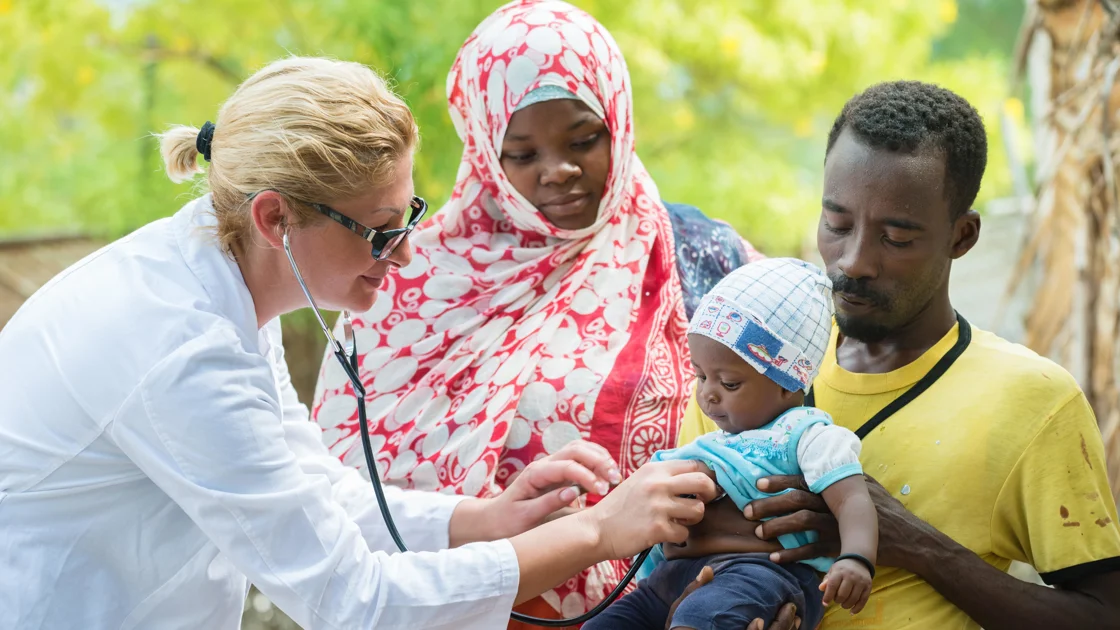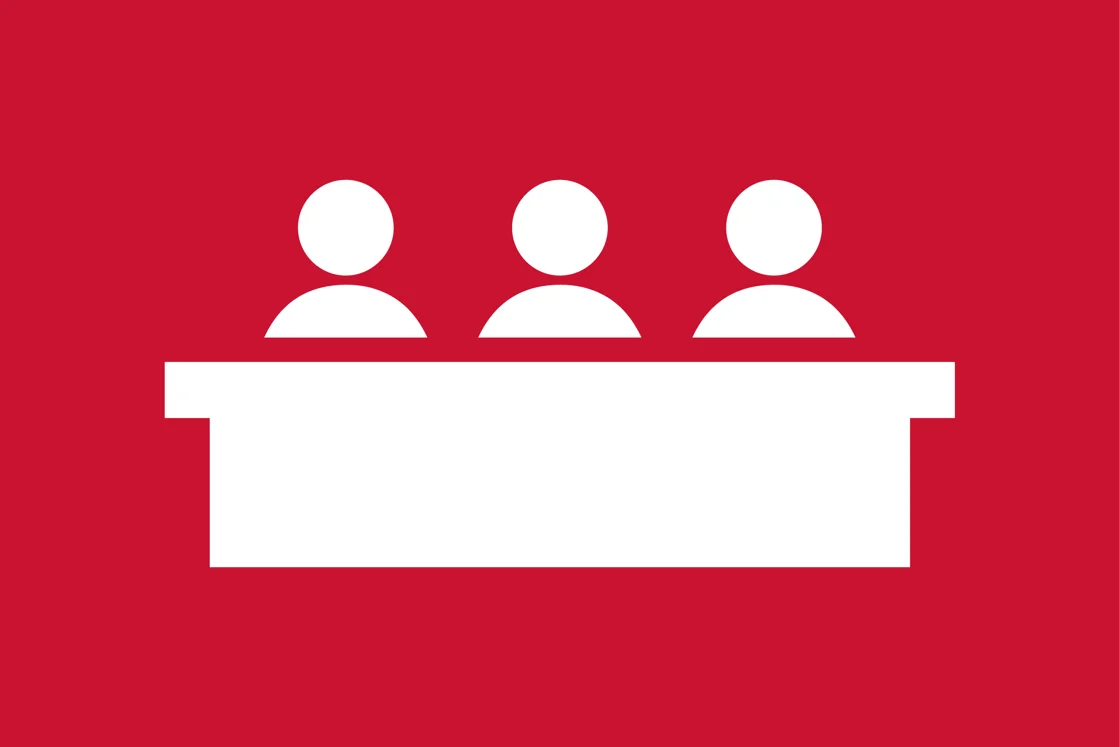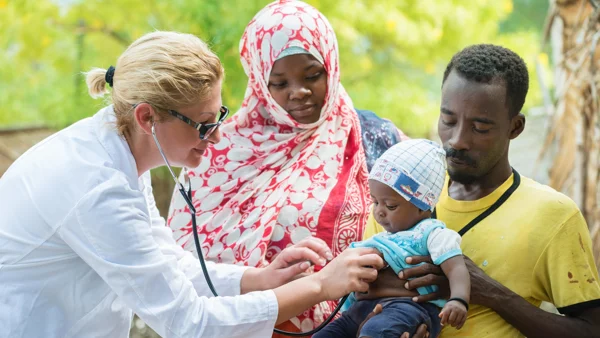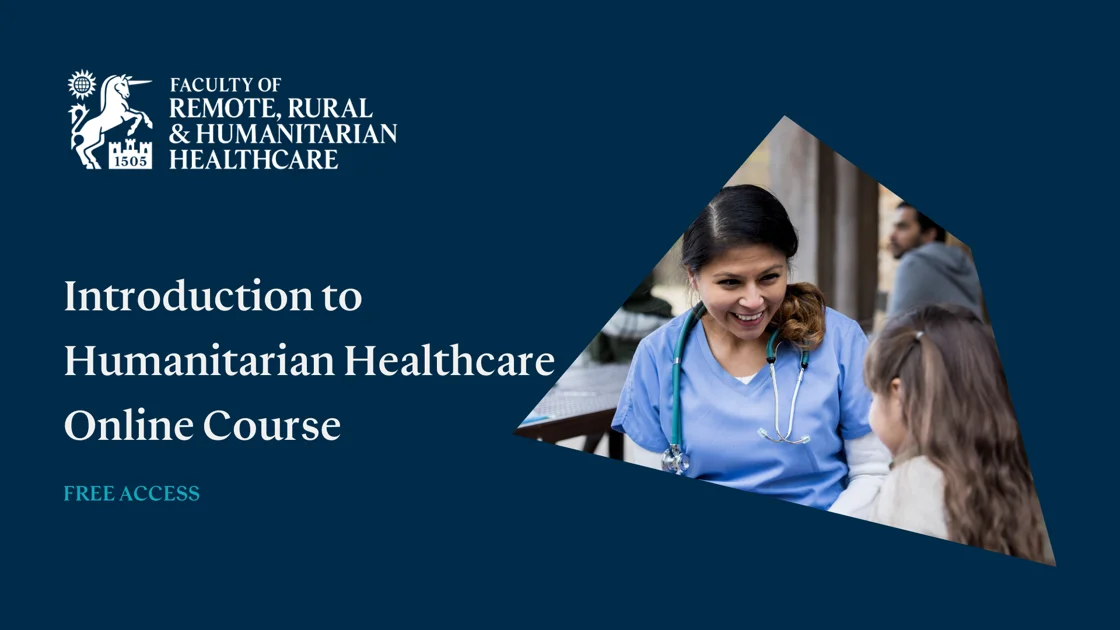The Faculty, formally launched in November 2018, was established in response to the need identified within both industry and the public health arena to define, review and set standards of competence for organisations as well as medical and non-medical personnel delivering healthcare in remote and rural environments.
Our primary objective is to “improve the health outcomes of individuals living and working in remote, rural, austere and life-threatening areas of the world”.
Our vision is to establish, promote and develop a diverse global community of healthcare professionals operating across public, private and third sectors within a number of diverse industries.
Join the Faculty Membership
In joining FRRHH, you will become part of a prestigious network of professionals focused on developing remote, rural and humanitarian healthcare.

Faculty Exams, Courses and Events
Expand your knowledge and skills with a range of exceptional exams, courses and educational events.
Full Exams, Courses & Events CalendarVisit FRRHH Site
Visit the dedicated Faculty site here for further information on how the Faculty can support you in your career.
Visit

Executive Committee
Discover
FRRHH Membership Benefits
Learn moreContact us
For any Faculty related queries or questions, please contact: frrhh@rcsed.ac.uk






